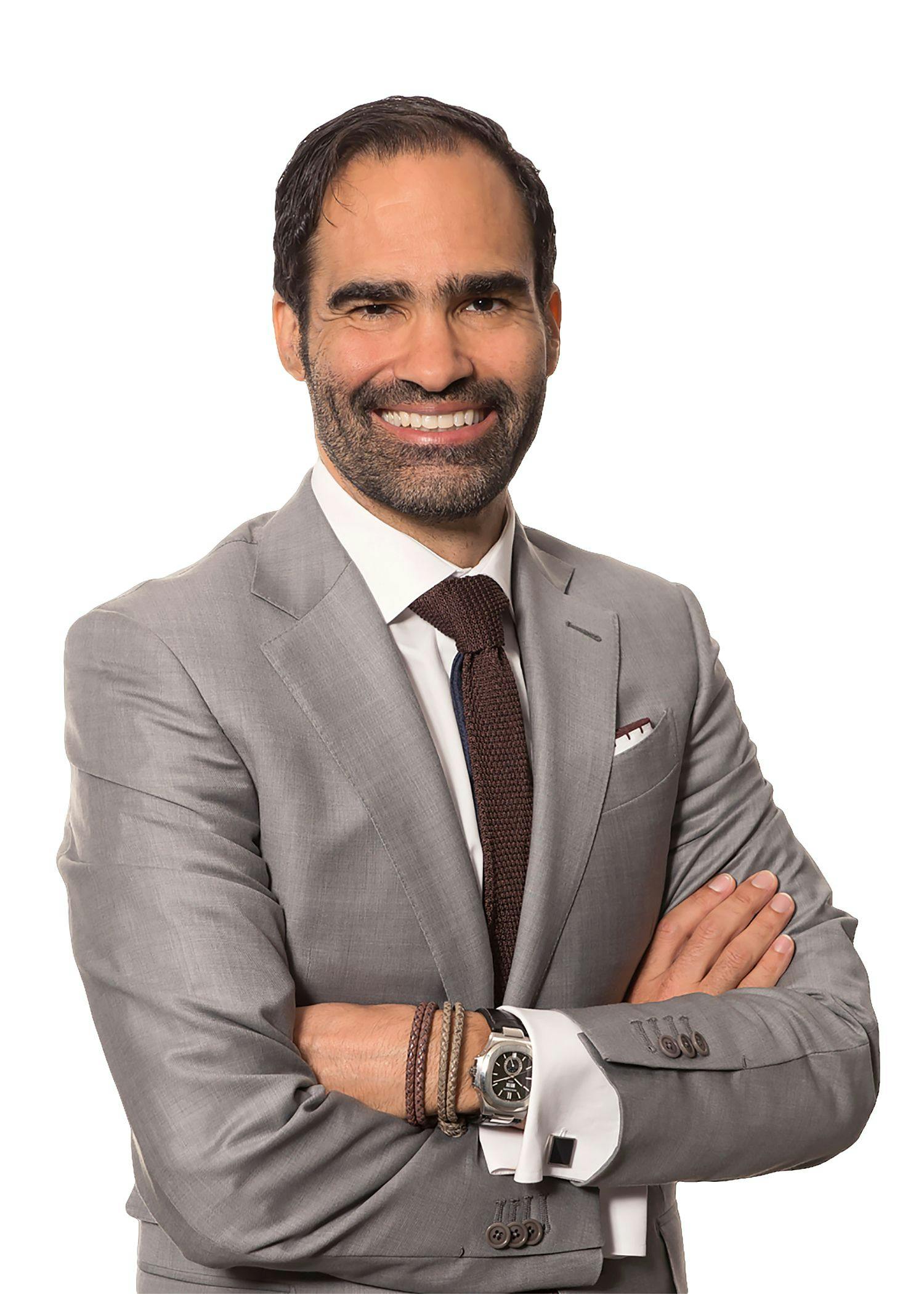China is the world’s most important luxury market and also the first to rebound from the COVID-19 crisis. LVMH and Hermès have reported new positive retail sales trends there. Fortune recently featured a headline, stating, “Chinese luxury industry rebounds from coronavirus thanks to ‘revenge spending.’” Despite skepticism from many experts, research indicates that the luxury market will turn around much faster than other markets, and China will be its growth engine.
As brands struggle in Europe, they understand that the first promising signs in China are simultaneously an opportunity and a risk. The luxury brands of choice for high-end Chinese consumers have a chance to gain a permanent share of the market when those consumers start spending again.
Meanwhile, brands that struggled before the outbreak will continue to lose momentum and relevancy, which could be deadly for luxury brands, even in the short term. Luxury names that read like a “who’s who” of brands are now experiencing a painful awakening. Those that have resisted or were too slow in establishing relevant propositions for Chinese millennials and Gen Zers are now in panic mode. Yet a lot of brand managers are still hoping everything will just “go back to normal,” ignoring that the world had left them behind even before COVID-19. Without immediate and drastic changes, many brands won’t survive this catastrophe.
The new growth in the Chinese luxury sector will not help all brands, and it won’t be due to the virus. But the pandemic could be a catalyst for brands to become relevant, forcing them to focus on transforming their digital capabilities. Too many brands have been too hesitant to do this, and many still are. Now could be their last chance.
The Chinese market, in particular, requires a long-term commitment and a precise customer acquisition strategy. As many brands now turn to China in the hopes of profiting from a virus rebound, they will surely fail if they don’t have the right tools. I often see Western brands with marketing campaigns that are highly ineffective with an ROI that’s not competitive. To put it bluntly: Their content isn’t relevant, their channel strategy is insufficient, and too few consumers have been activated. They waste money while the gap between them and the best brands continues to widen.
Most brands have insufficient real-time insight capabilities for the Chinese market or any other one. And with consumer preferences changing faster than ever, those insights are now invaluable. When advising Chinese luxury retailers, I’ve found that even local retailers don’t sufficiently understand why consumer sentiment is changing. Why are website visits fluctuating? Why is store traffic going down? Responding to these questions by guessing won’t work. To manage a brand, you must truly know what is going on. Guessing is a bad idea in normal times, but it’s a major risk during times of crisis. Timely insights are a matter of life and death.
It starts with brand positioning. Chinese consumers will create an opinion about a brand before they ever even look at its products. Most Western brands define their brand equity through the products they make. But this won’t matter if they fail to communicate compelling, differentiating, and relevant brand stories. Without this, the brand is less attractive to KOLs and influencers, who carefully curate which brands to associate with.
In China’s social selling environment, this is highly critical. Customer acquisition and retention strategies need to be precise, but, most importantly, measures have to be appropriate in content and competent in delivery for the consumers being targeted. Ultimately, Chinese consumers will only buy if they feel inspired — in the short-term but also over time.
In a recent study, we found that Chinese consumers are dramatically more knowledgeable about their favorite luxury brands than Western consumers. They know every detail and are clear about why they have certain brand preferences. Their expectations are also higher, and as a result, they are more outspoken about their disappointments if a brand they follow shows even the slightest flaw in its customer interactions, regardless of whether they are digital or physical. These consumers expect to be taken seriously, shown relevant content, and wowed with every interaction.
In times of crisis, consumer expectations of luxury brands increase significantly because people want the most extreme value possible. As brands further focus on China during this current pandemic, managers should consider this a warning that a strategic value creation approach is needed. Uncoordinated tactical measures that lack the most updated consumer insights — leaving big gaps in brand positioning — will cause more harm than good. It will further increase the distance between brands that lack digital mastery and successful brands, and it will only hurt a lesser brand’s long-term prospects in China.
Now is the time to invest in the Chinese market. A crisis can offer significant opportunities if addressed in the right way. Now that Chinese consumers have regained their appetites for luxury spending, they will undoubtedly start making more informed lifestyle and brand choices. This is when brands that want to attract Chinese consumers must become more strategic, diligent, and systematic than ever.
Daniel Langer is CEO of the luxury, lifestyle and consumer brand strategy firm Équité, and the professor of luxury strategy and extreme value creation at Pepperdine University in Malibu, California. He consults some of the leading luxury brands in the world, is the author of several luxury management books, a global keynote speaker, and holds luxury masterclasses in Europe, the USA, and Asia. Follow @drlanger


